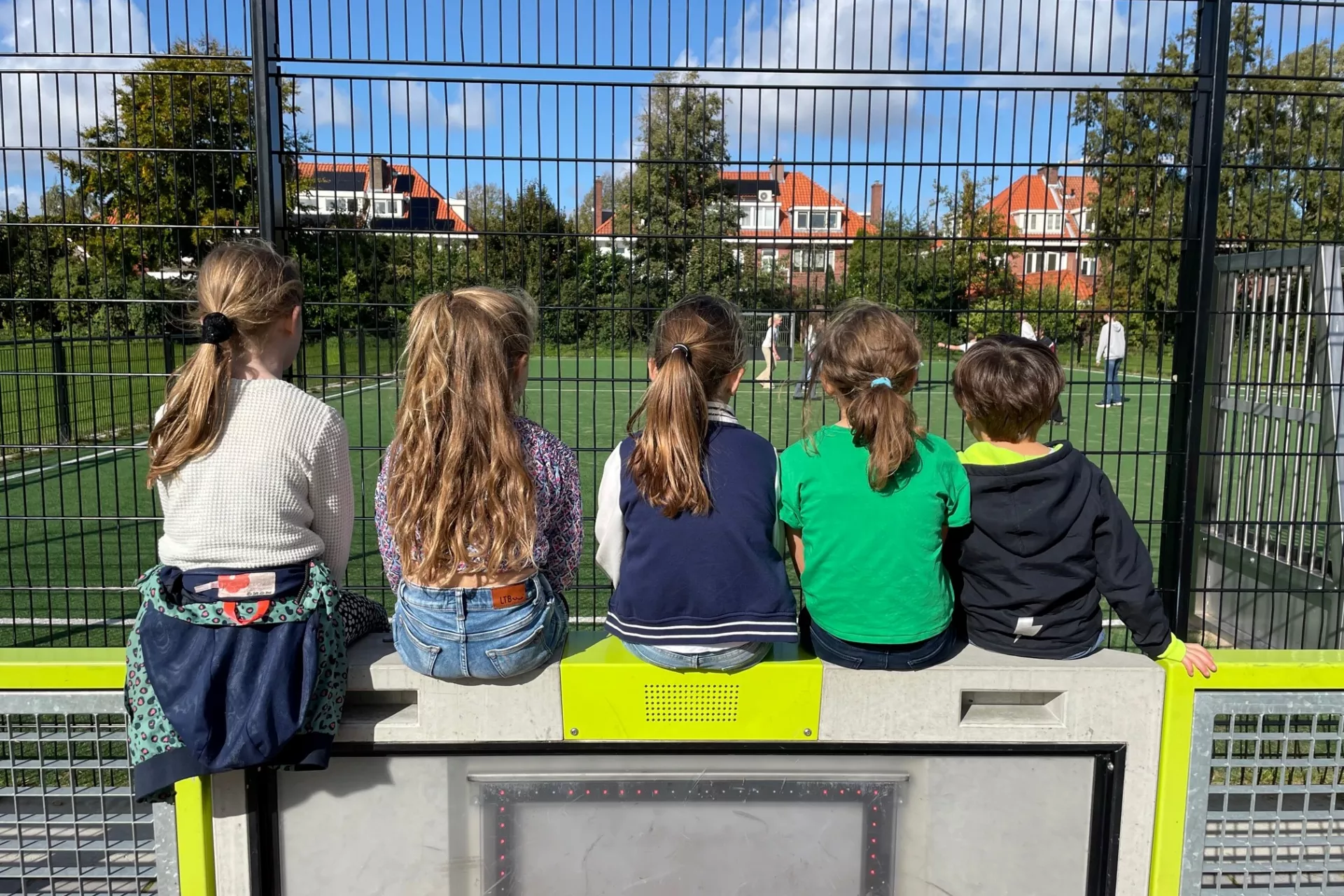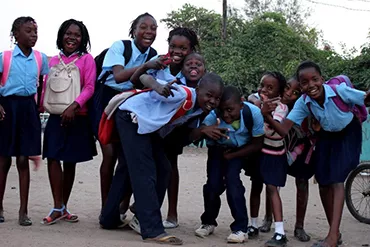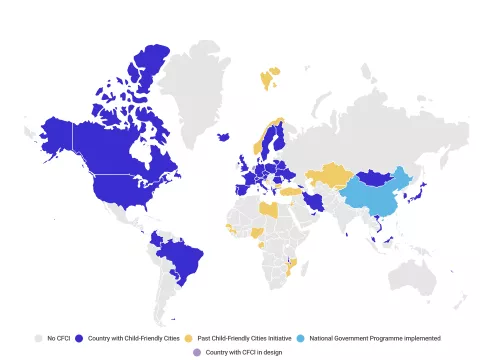Page
CFCI framework
Building a child friendly city

The Child Friendly Cities Initiative is an optional engagement strategy which contributes to the goals and results of the UNICEF Subnational and Local Governance Programming Framework.
Goals & Results
GOAL: Realizing the rights of every child, including adolescents, especially the most excluded
- Every child, including adolescents, have access to inclusive social protection and lives free of poverty
- Every child lives in a safe and sustainable environment and has access to inclusive social services
RESULTS:
- Disaggregated data on the situation of children informs decisions at the local level
- Local development policies, strategies, plans and budgets are child responsive
- Children and communities have a say in decisions at the local level affecting their lives
- Delivery of social services at the local level is effectively coordinated
- Urban spatial plans are child responsive




